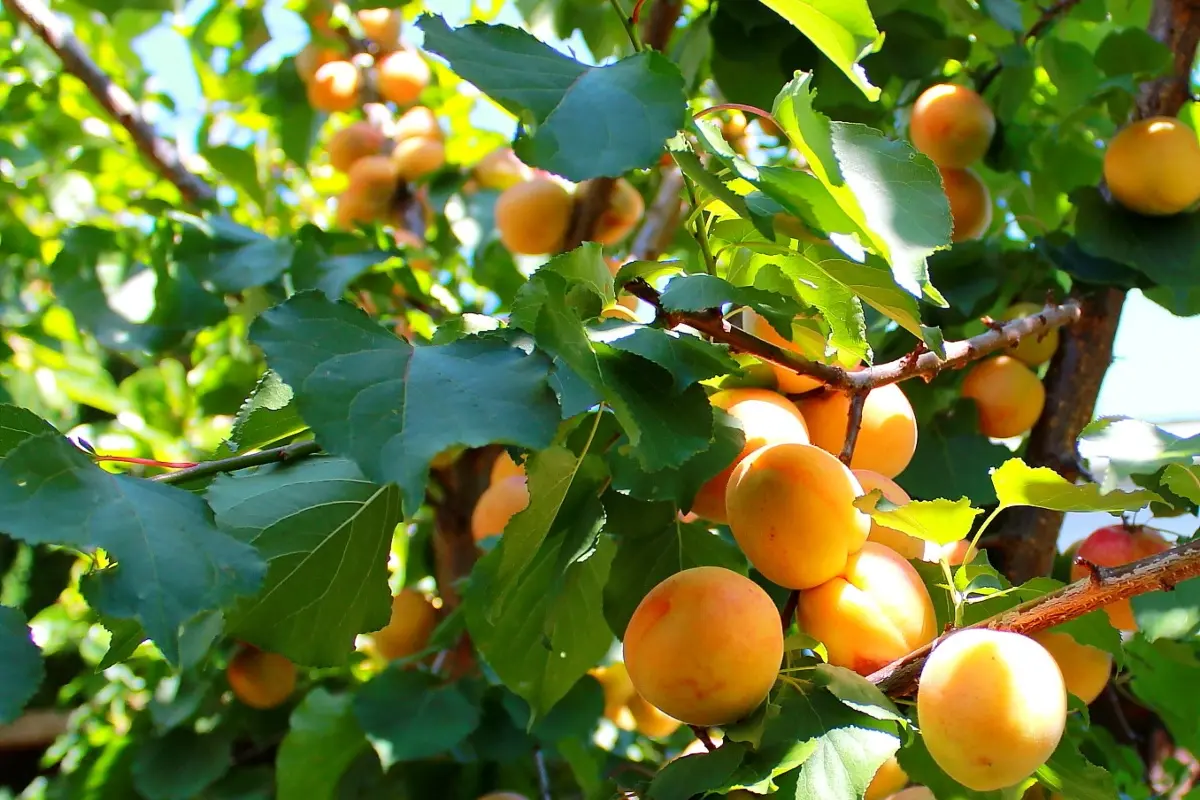
Do you want to access to this and other private contents?
Log in if you are a subscriber or click here to request service
Apricots: European production expected to decline (-7%)
For Italy Europêch 2023 estimates 203 thousand tons, down (-26%) compared to 2022

The production forecasts for apricots - Europêch 2023 - were presented in Perpignan as part of Medfel. Like every year, Cso Italy participated by providing estimates for Italy. In 2023, the supply of apricots at European level should be confirmed on average quantities. With around 503,000 tonnes, production for the upcoming season should be -7% compared to 2022; same percentage change if the comparison...
lml - 31061
EFA News - European Food Agency
EFA News - European Food Agency